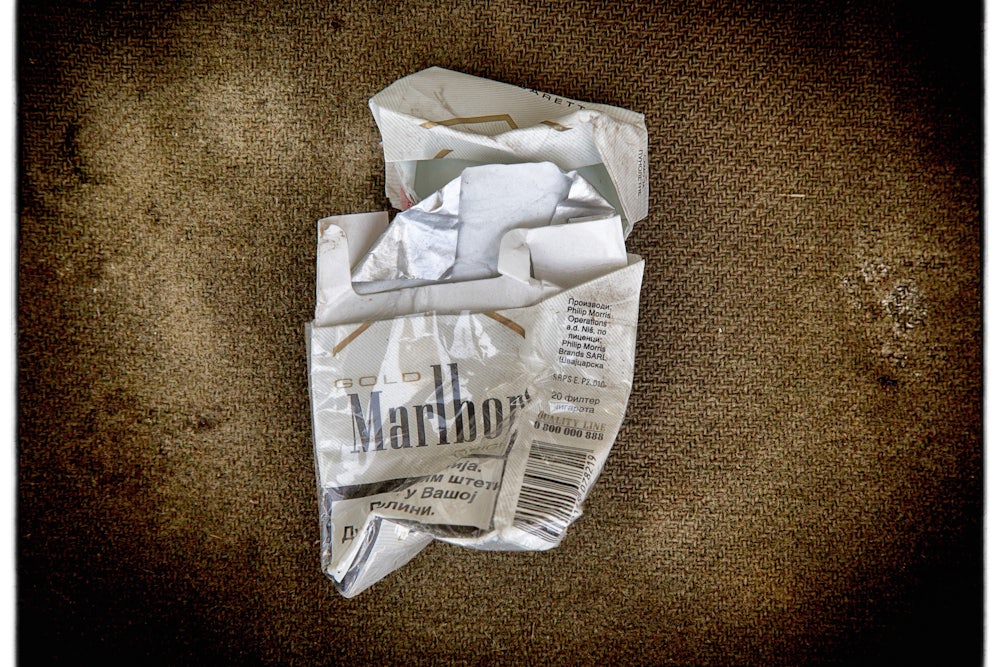As the Aloha state rings in the new year, it is also rolling out a new law that will make the sale of tobacco products to people under 21 years of age illegal. The law, which is the first of its kind in America, is intended to curb the public health impact of Big Tobacco’s well-known appeals to young people.
By bumping the smoking age up, legislators have a good shot at reducing the number of people who take up smoking. According to the CDC, tobacco use begins primarily during adolescence, with nine out of ten smokers having first smoked before 18, and 99 percent having first smoked before the age of 26. “Almost no one starts smoking after age 25,” a 2012 Surgeon General’s report on youth tobacco use found, adding that “progression from occasional to daily smoking almost always occurs by age 26.”
The CDC’s findings present an interesting suggestion. Though new tobacco use dwindles drastically during a person’s twenties, 26 appears to present a kind of hard stop after which extremely few new smokers are made. If that’s the case, then Senate Democrats now considering the idea of raising the national smoking age to 21 should perhaps go one step further and consider the 26-year cutoff as a magic number.
